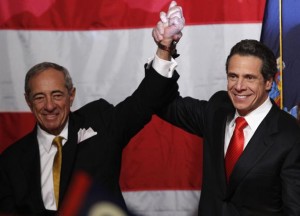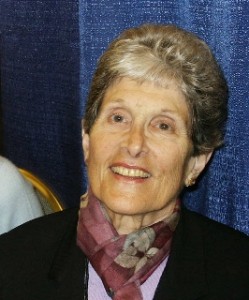The Suffering Displaced
Thursday, September 18th, 2014By Gretchen Gibbs
The United Nations estimates that there are more than 45 million displaced persons worldwide, some still living within the borders of their own country. The Western world continues to be shocked and to feel some responsibility to provide for the needs of at least some of these refugees, like the Yazidi on the mountain in Iraq. After we’ve provided tents and drinking water in a relatively safe location, however, we tend to think we’re finished.
One need we tend to ignore is the mental health problems of the displaced. We have no figures on the percentages of refugees with post-traumatic stress disorder (PTSD) following rape, viewing murder and maiming of one’s near and dear, and the hardships of flight.
PTSD is only one of the possible outcomes – there are many forms of depression, anxiety and substance abuse. Lest my concern be dismissed as that of a soft-hearted psychologist, let me note that the World Bank estimates that mental health costs are of enormous importance to the world’s economy. They look at how many days of productive work are lost to the world each year through illness of all kinds, and estimate that mental illness accounts for over 8 percent of those days, more than is caused by either cancer or heart disease.
Thinking about these issues made me remember my own extremely minor experience of being displaced. I did not have to flee and neither I nor anyone in the family was ever in any kind of danger. However, in World War II, my father joined the Navy, knowing he would be drafted soon if he did not. (He was posted to Hawaii in officer’s training, a very easy war.) I, a little over 2, had been his darling draft exemption. Daddy was the affectionate parent, and I was always in his arms.
Mother and I, at that time the only child, went to live at her parents’ house, in another state. I certainly wasn’t neglected. Grandma was the most nurturing woman I’ve ever known, and I will always cherish her memory. Grandpa read me Uncle Wiggly stories from the newspaper every night, making up his own ending about how Uncle Wiggly, a rabbit, was eaten by the fox. I was enthralled.
There were some down sides. All kinds of food – sugar, butter, meat, canned fruits and vegetables – were rationed. I developed my lifetime habits of eating cereal without sugar, bread without butter and salad, when we had it, without dressing. We used margarine that came white as lard in a plastic sack with a capsule of yellow food coloring, which we had to work through the fat so that it didn’t look so disgusting.
One night I was eating my snack of graham crackers and milk, and I couldn’t finish it. Rather than simply leaving it, I was so ashamed of wasting food that I hid the bowl under the table in an orange crate we used as a stool.
With the war coming after the Depression and its impact, there was a deprivation theme to our lives. Mother’s favorite joke was this one from Sam Levenson: “We had unexpected company one day, and Ma drew each of us kids aside and told us, ‘Don’t eat any of the pork chops, as there aren’t enough to go around.’ We did as we were told, because we knew there was a delicious blueberry pie for dessert. At the end of the meal, as Ma was clearing the plates, she said, ‘Those children who didn’t eat their dinner don’t get dessert.’ ”
My aunt did a little still life water color of my toys. They were: a stuffed horse that Grandma made for me, some wooden beads on a string, and those colored wooden doughnut shapes that you fit over a stick to make a tower. She had to add some things from my cousin to have enough for the painting. Ten years later, my new brother and sister needed a chest to hold all their toys. During the war they didn’t make many toys.
I don’t think the minor deprivations affected me emotionally. It was the loss of my father that hurt. When he returned I was almost 5, a young girl who had been to kindergarten, who could read and write. I was a stranger to him, and he, in his uniform, 40 pounds heavier, was a stranger to me. We eventually reconnected, but it was never the same. It set me up for a life where I was sensitized to abandonment, and I perhaps made some bad decisions about men.
I think about all those children with the big eyes in the wan faces, living in tents, having fled gunfire, having not enough to eat, shivering at night, and having lost forever people they’ve loved.




